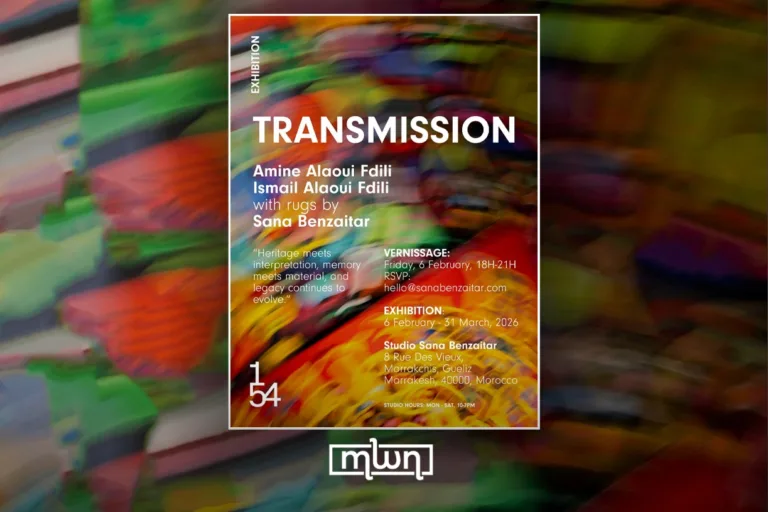Rabat – Numerous studies have investigated how different languages affect personality, with research showing that “people that are active in more than one culture will frame shift frequently the language they use acts as a trigger.”
One study investigated bilingual English-Hispanic women, who were asked to watch television advertisements that showed women in different scenarios in English. Then they watched the same advertisements in Spanish six months later.
This study from Baruch College and the University of Wisconsin-Milwaukee found that the participants classified others and themselves as more assertive when communicating in Spanish.
In addition, the data showed they also viewed the Spanish characters in the advert as outspoken and independent. Whereas the English speakers in the advert were seen as “hopeless, lonely, and confused.”
English and Spanish
How those participants attributed personality traits of the Spanish speakers is something I could identify with as an English-Spanish speaker. For example, in Spanish, it is normal to answer the phone and say “dime” which translates as “tell me.” But in English, this could be seen as socially unacceptable.
Culture and language overlap frequently, and this impacts the frameshift that someone experiences.
As the Czech proverb explains beautifully: “Learn a new language and get a new soul.”
Implications with frameshifting
In the western world, it is a priority to be authentic, which is one of the main issues with frameshifting, as the change in personality could be perceived as being false.
A scientific study published by Frontiers psychology on this theory allowed participants to react to someone whose frame switched. The results indicated that participants described the frame switcher “as less likable, trustworthy, and warm.”
Within western culture, inconsistency holds negative connotations as experts in this field describe “awareness of one’s inconsistencies can cause discomfort.”
Increasingly becoming apparent is an unwritten rule: a person should not be false and reject their own culture to fit into another.
In general, non-native people living in countries or societies are expected to comply with established norms and be culturally fluent to thrive, meaning they have to adopt the foreign society’s culture to some extent. Morocco World News spoke with a number of multilingual speakers to find out their experiences with frameswitching.
Swedish and English
Native Swedish speaker Matilda Myllari spoke about how the English language is more polite and indirect than her native Swedish tongue.
The bilingual speaker considers English a colder language. “People come across as overly professional and polite,” she said, giving an example of how to respond to greetings. In English, Myllari explained, asking someone “how are you” is mostly a passing remark in British culture. Unlike in Swedish “how are you?” does not demand or want an in-depth response.
Frameswitching can also contribute to the general mentality of a given country or society. Sweden has a saying “Lilla landet lagon” which translates to “the little land that’s just enough,” Myllari explains.
She went on to break down the difference between the two countries’ general thought processes, saying Sweden gives weight to “not being greedy and taking what you need.” On the other hand, in England, there is “more of a push to be successful even if you have to be selfish in the process.”
A multilingual perspective
Mohamed El Azzoui is a Moroccan multilingual who is fluent in five languages and dialects —Tamazight, Standard Arabic, Darija, French, and English.
With such a varied combination of languages under his belt, he spoke of his experience as one of inhabiting a different soul or becoming a different person when shifting from one language to the other. “Language is not just a means of communication; it goes beyond that, it is a way of thinking, and in turn a way of behaving,” he said.
The origins of language could also impact the way you speak, and there might be a gap in terms of moving from one language to the next, which in turn influences the options you have when you speak.
El Azzoui said, “When I speak my native language (Tamazight) I am more polite than in Darija because in Tamazight we do not have the influence of European languages like Darija has and there are fewer ‘bad’ words.”
Who you are communicating with could also determine how you portray yourself in that language as well as the association you have with them. Tamazight is El Azzoui’s family’s language, and he describes it as the language that holds the most “moral values.”
Closely Related Languages
Katie Lawrence, an English teacher from the UK, is a speaker of multiple Latin-based language combinations of English, Italian, Spanish and Portuguese.
Even though these languages share the same root, there is a notable variation in how outspoken people behave or even perform depending on which language they happen to be communicating in.
Lawrence told MWN that she notices how she is “quieter and more reserved” when communicating in Portuguese and English as that is culturally acceptable. In contrast, when speaking in Italian she describes herself as “extroverted.”
Speakers of multiple languages can also experience a frameshift due to their tolerance levels of what is considered culturally acceptable in the language and culture they are associating with at a particular moment.
Politeness falls under the culturally acceptable theme, and one example is the very British queuing system which is an unwritten rule. A clash became apparent in this regard for the language teacher. “I feel irritated when people do not queue properly in England,” Lawrence said, adding: “Although in Italy people queue less diligently and this does not bother me the same way as it would in the UK.”
This shift in politeness adheres to the frameshifting theory whose main thesis is that a person’s mentality adapts depending on the culture they find themselves in and its socially acceptable customs.
Many studies into personality switching combined with the experiences of these multilingual speakers suggest that the switch helps someone identify with a culture and express themselves in its language fluently.
However, context and situational awareness are also crucial contributing factors, as is the association a person has with each language — which could also impact how they present themselves.
Read Also: The Complexity of a Multilingual Brain
















